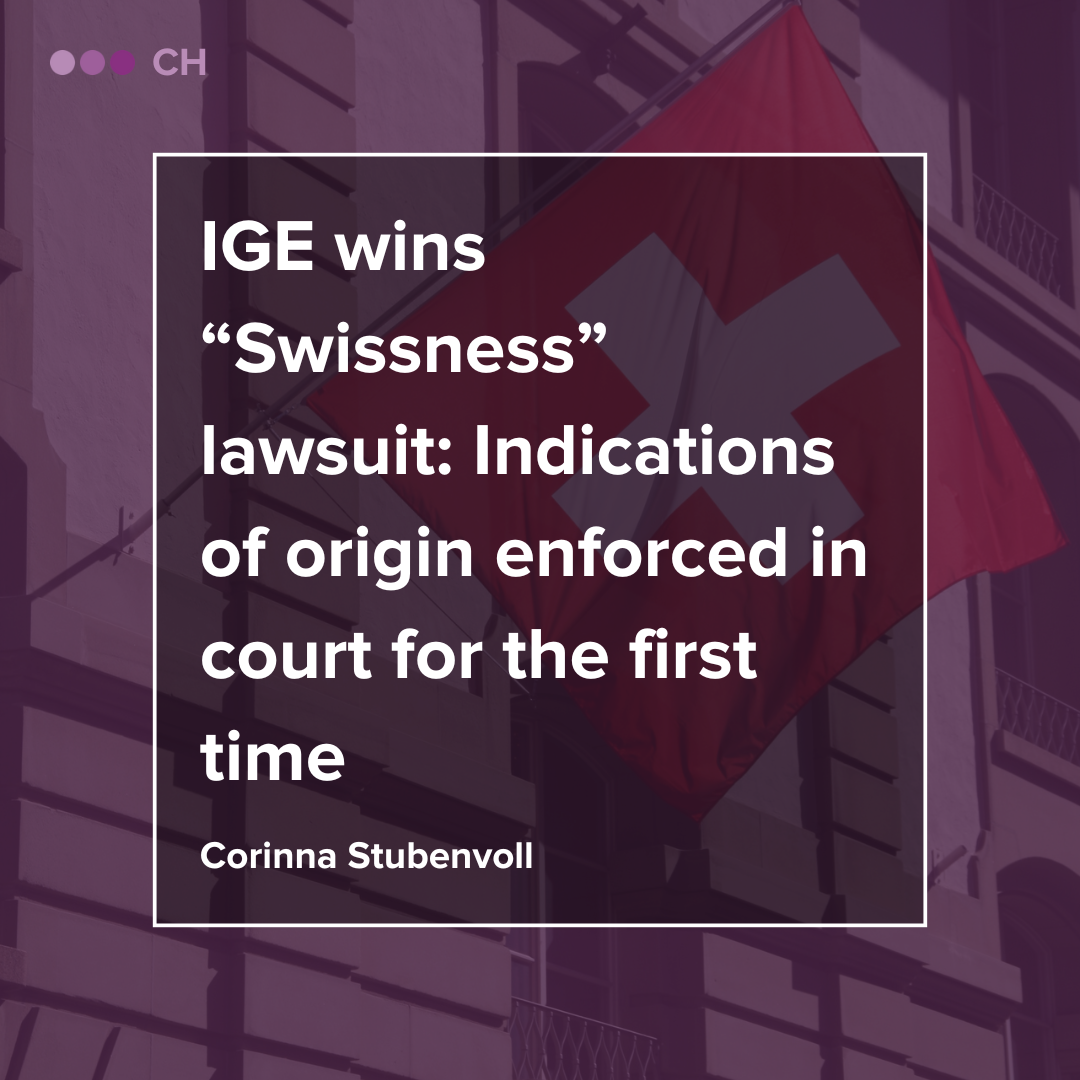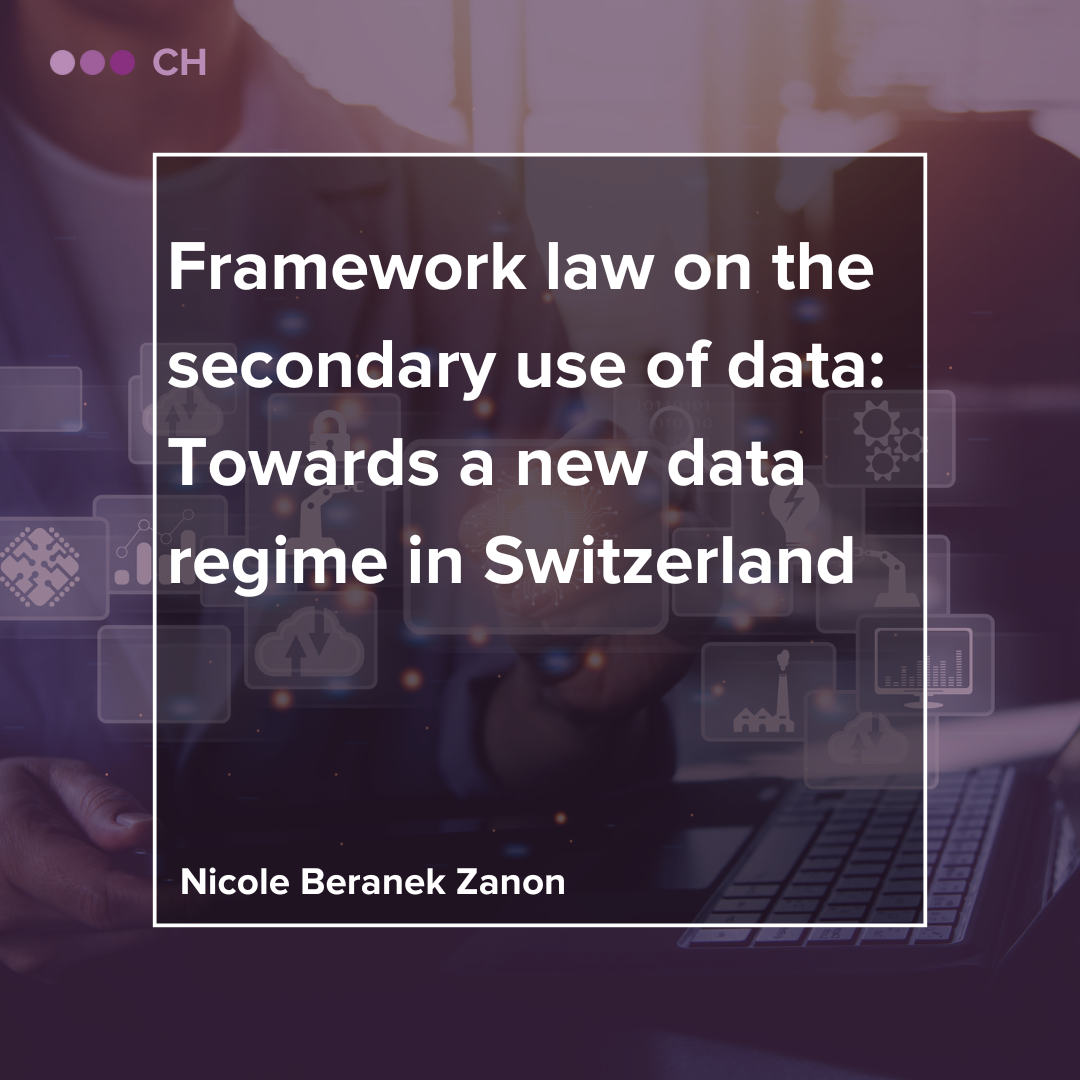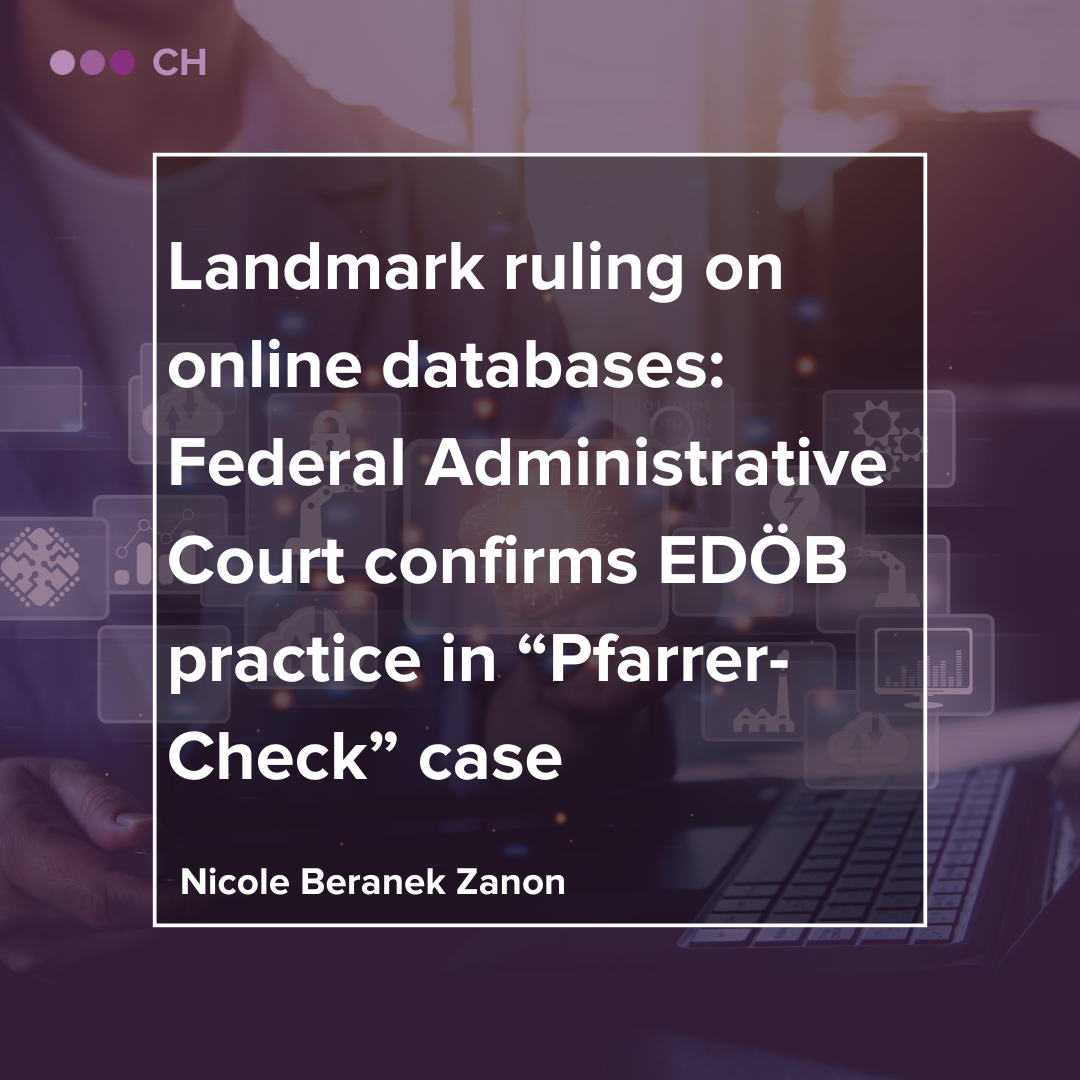Between ransom and legality: The legal handling of ransomware attacks
When companies fall victim to a ransomware attack, they face a difficult question: Should they pay the ransom demanded to recover encrypted data, or should they refuse, as recommended by Swiss authorities? Our analysis shows how to make legally responsible decisions, what risks exist, and how companies can weigh up the risks and legal certainty.











